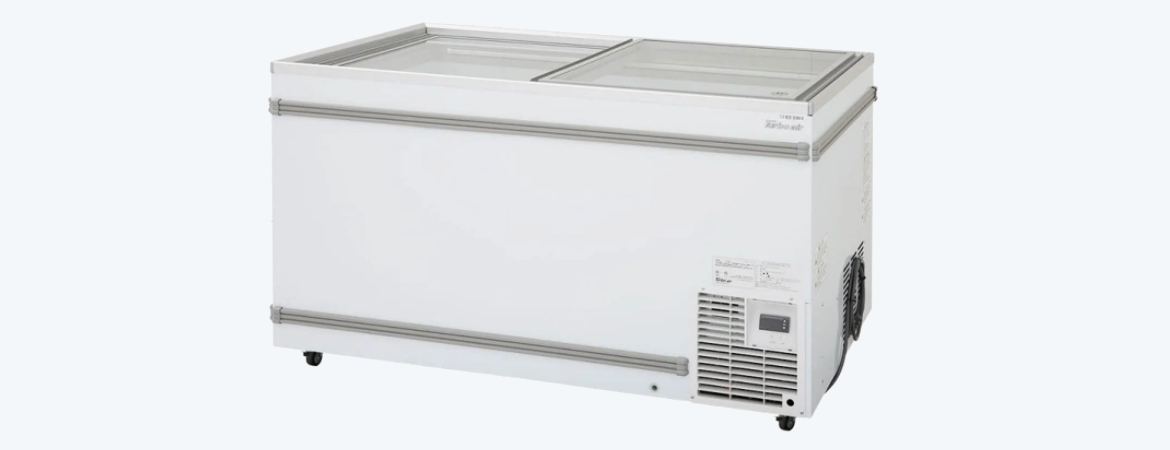Commercial Turbo Air Freezer Inadequate Cooling

When faced with inadequate cooling in a Commercial Turbo Air Freezer, understanding the underlying causes, exploring possible DIY solutions, and implementing preventive measures are crucial steps to ensure optimal performance.
Causes of Inadequate Cooling:
Inadequate cooling in a Commercial Turbo Air Freezer can be attributed to various factors. One common cause is a malfunctioning compressor, which is responsible for circulating refrigerant throughout the system to maintain low temperatures. If the compressor fails or operates inefficiently, it can lead to insufficient cooling capacity.
Additionally, a buildup of frost or ice on the evaporator coils can impede the transfer of heat, resulting in reduced cooling efficiency. This buildup often occurs due to issues with the defrost system, such as a defective thermostat or heater element.
Furthermore, improper airflow within the freezer compartment can hinder the distribution of cold air, leading to uneven cooling. This may be caused by blocked vents, damaged door seals, or overcrowded shelves obstructing airflow.
DIY Solutions:
Addressing inadequate cooling in a Commercial Turbo Air Freezer may involve several DIY solutions, depending on the underlying cause. If the issue is related to a malfunctioning compressor, DIY repairs are not recommended due to the complexity of compressor systems. However, users can perform basic troubleshooting, such as checking for power supply issues or ensuring proper ventilation around the compressor unit.
To address frost buildup on the evaporator coils, manually defrosting the freezer and inspecting the defrost system components for defects can help restore cooling efficiency. This may include testing the thermostat for continuity and visually inspecting the heater element for signs of damage.
Improving airflow within the freezer compartment can also enhance cooling performance. Users can clean and clear any obstructions from vents and shelves, ensuring unobstructed airflow throughout the unit. Additionally, inspecting and replacing damaged door seals can help prevent cold air leakage and improve cooling efficiency.
Preventive Measures:
To prevent future occurrences of inadequate cooling, regular maintenance and inspection of the Commercial Turbo Air Freezer are essential. This includes scheduling routine cleanings to prevent frost buildup on evaporator coils, checking and replacing air filters as needed, and inspecting door seals for signs of wear or damage.
Furthermore, maintaining proper ventilation around the freezer unit and ensuring sufficient clearance for airflow can help optimize cooling performance. Regularly monitoring temperature settings and conducting periodic checks for any unusual noises or fluctuations can also help identify potential issues early on, allowing for timely intervention and repair.
By understanding the causes of inadequate cooling, implementing DIY solutions where applicable, and adhering to preventive maintenance practices, users can ensure reliable and efficient operation of their Commercial Turbo Air Freezer. However, for complex issues or persistent problems, it’s advisable to seek professional assistance from qualified technicians to address the issue effectively.